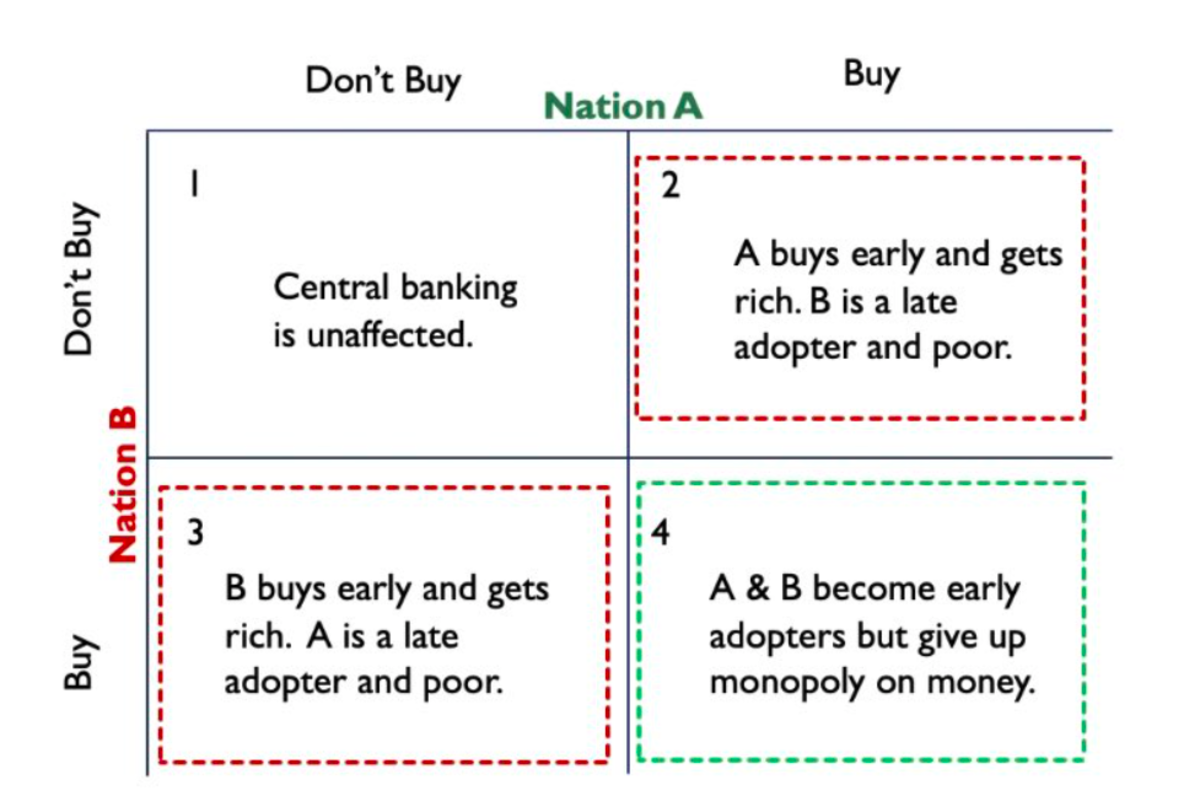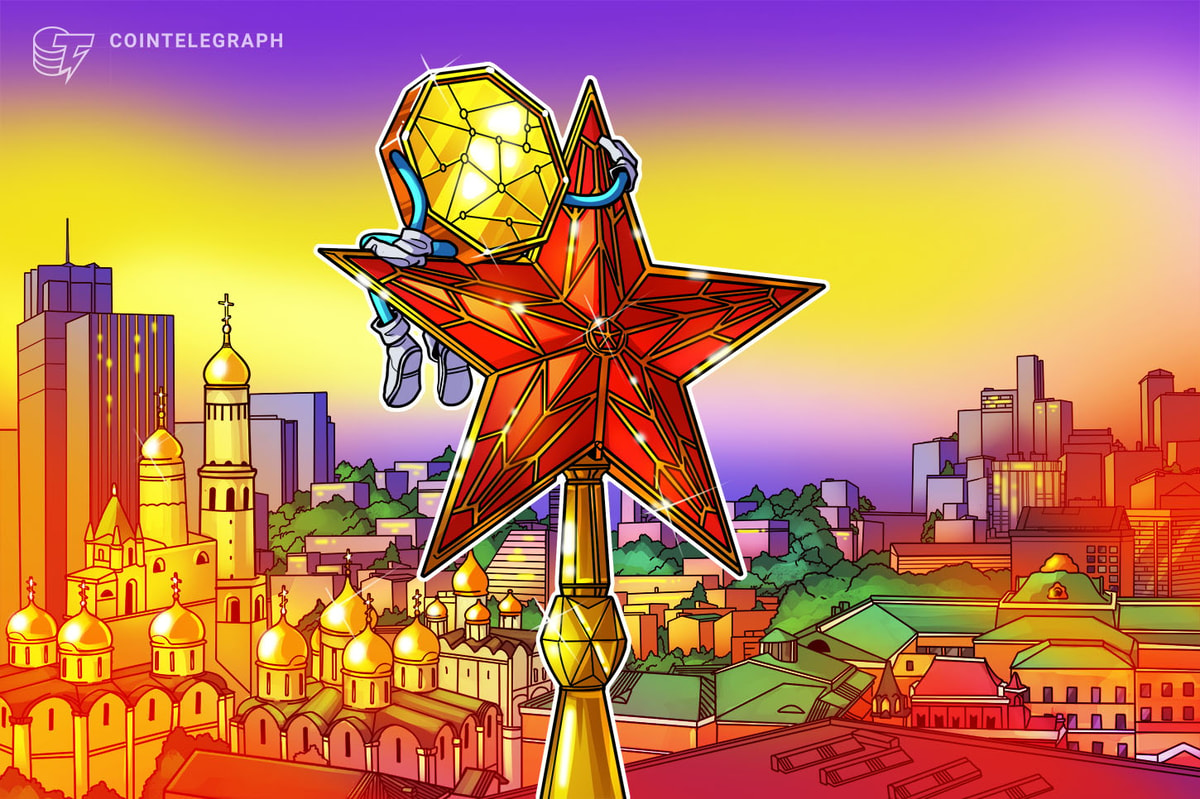Just days ago, on 8 September 2021, the Ukrainian Parliament passed a law that legalized and regulated Bitcoin in the country. The bill, drafted in 2020, passed with the support of 276 lawmakers. Only six lawmakers voted against it.
Ukraine could plausibly be a natural fit for Bitcoin adoption, as the population is reportedly dissatisfied with their current monetary system, which emerged when the fiat hryvnia currency replaced karbovanets in a financial overhaul that happened 25 years ago this week.
Ukraine has a very diverse energy mix that could draw in global Bitcoin miners. The country is heavily dependent on nuclear energy. Ukraine currently has 15 nuclear reactors generating about half of its electricity.
Nuclear reactors are a great source of power that can be harnessed by Bitcoin mining far from cities. If Ukraine were to expand its nuclear facilities it would not need to build additional electrical infrastructure to transport that power back to its residents, it could simply mine bitcoin with the energy produced instead. The state could then hodl or sell the Bitcoin to supplement their GDP.
Nuclear energy could be one of the most lucrative bitcoin mining strategies for Ukraine. The country currently receives most of its nuclear services and nuclear fuel from Russia, but it is reducing this dependence by buying fuel from the American Westinghouse Electric Company.
The increased reliance on diverse sources of nuclear fuel, paired with a nation state Bitcoin mining strategy could alleviate Russia’s overbearing influence on the country.
Ukrainian President Volodymyr Zelensky is similar to El Salvadorian Nayib Bukele in that both are leaders of young populations who have a strong desire for change.
It remains unclear whether and to what extent the Bukele and Zelensky have been in discussion with one another.
One plausible path forward for Ukraine is to legalize bitcoin as legal tender as soon as possible and to use that and the fiat hryvnia together while mining Bitcoin with nuclear energy to build up a treasury with Bitcoin in reserve. In time, the nation could rely on Bitcoin exclusively as the dominant currency.
Last week President Zelensky formally announced Ukraine’s arrival onto the Bitcoin world stage in San Francisco, City A.M. reported.
President Zelensky said “Our meeting here in Silicon Valley is a great opportunity to discuss the prospects for the development of the IT sector and innovations in Ukraine.”
He continued, “Our country is rapidly transforming and adopting innovations. Over the past year, we have managed to make a real breakthrough in the digital sphere.”
Last week, El Salvador became the first country in the world to make Bitcoin legal tender. The world is watching this experiment, and Bitcoiners are eager to see what country will be next to adopt Bitcoin as nations are forced to compete or be left behind.

Prisoner's Dilemma of Global Bitcoin Adoption
Just last week Edward Snowden urged nations to embrace Bitcoin. After El Salvador made Bitcoin legal tender, the game-theoretic prisoner's dilemma of nation's Bitcoin adoption started playing out in global geopolitics. Famous whistleblower Edward Snowden highlighted that Bitcoin favors those that adopt it early, thereby putting pressure on other nations, which will be penalized for being laggards.











